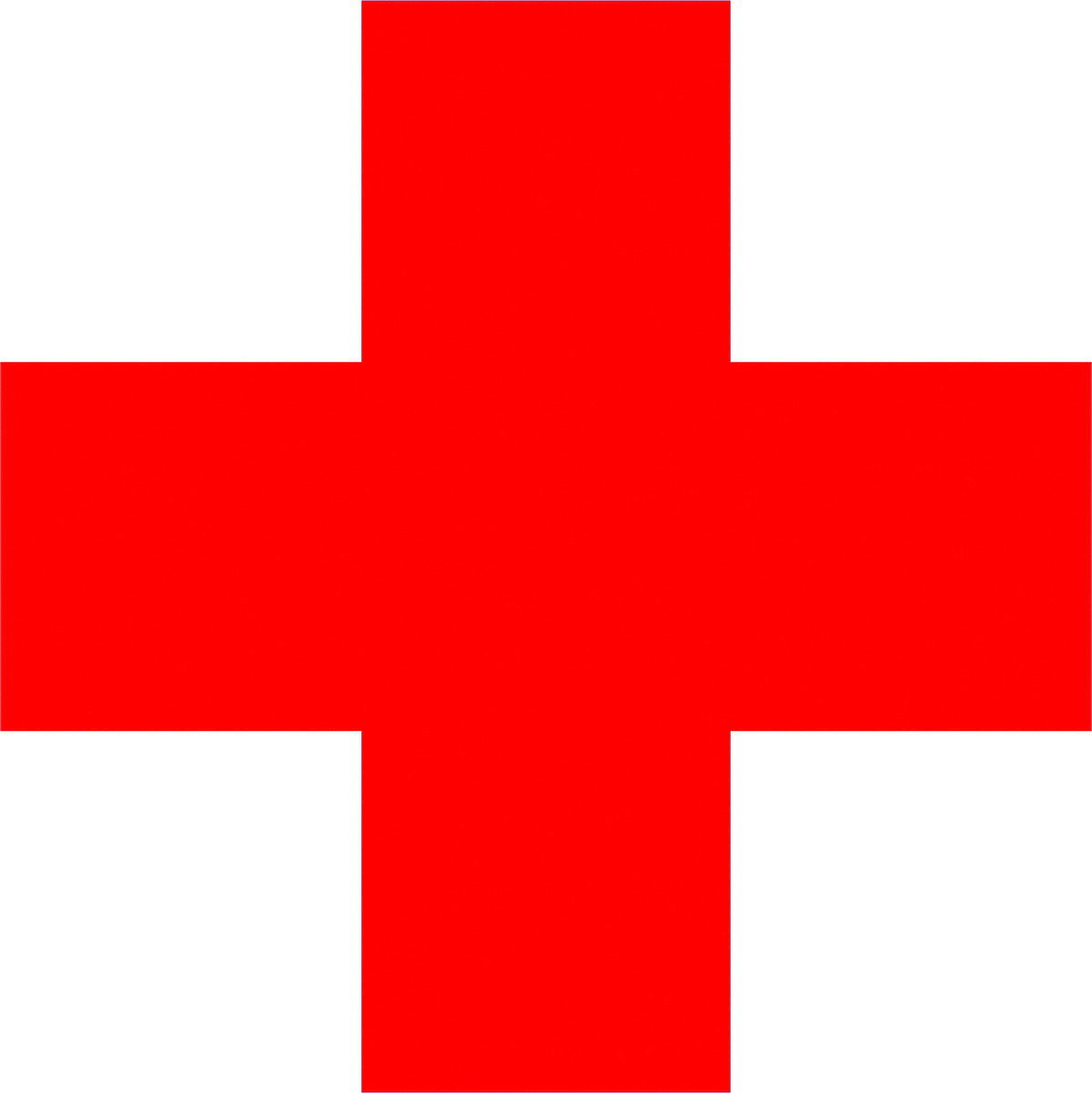I really hope that Medical World can find permanent cure for cancer and all kind illness
Note: Following excerpts are rewrite or copy some parts from MD Anderson
Chemotherapy uses powerful drugs to kill cancer cells, control their growth, or relieve pain symptoms. Chemotherapy may involve one drug, or a combination of two or more drugs, depending on the type of cancer and its rate of progression. Chemotherapy can be used in combination with other treatments such as surgery or radiation, to make sure all cancer cells have been eliminated.
Chemotherapy is administered in three ways:
1. Intravenous (IV) is by far the most common method. A needle is inserted into a vein and attached with tubing to a plastic bag holding the chemotherapy drugs. The needle is taken out at the end of each treatment.
For some patients who undergo several chemotherapy sessions, a catheter, another type of plastic type tubing, is inserted into one of the large veins and left in place during the entire chemotherapy regimen. Some patients have a metal or plastic disc known as a "port" implanted under the skin, to serve as an IV connection device.
IV bags are attached to a tall metal stand with wheels, providing some mobility. Some patients wear a small pump outside the body, with minimal interference to their normal routine. Other patients may have a drug pump surgically inserted into their body.
2. Oral chemotherapy drugs are taken by mouth, either in pill or liquid form.
3. Injections are administered into the muscle, under the skin, or directly into a cancer lesion, depending on the type or location of the cancer.
Side effects vary from patient to patient and with the type of chemotherapy drugs used. The good news is that there are therapies to help you cope with some side effects, and lost hair does grow back, although sometimes in a different colour or texture. The most common side effects of chemotherapy include:
- Temporary hair loss
- Fatique
- Nausea
- Pain
- Increased risk of infection
- Depression
- Increased sun sensitivity
- Numbness or weakness in the hands and feet
Note: Above excerpts are rewrite or copy some parts from MD Anderson
How Chemotherapy work?
Chemotherapy works by destroying cancer cells; unfortunately, it cannot tell the difference between a cancer cell and some healthy cells. So chemotherapy eliminates not only the fast-growing cancer cells but also other fast-growing cells in patient's body, including, hair and blood cells.
Some cancer cells grow slowly while others grow rapidly. As a result, different types of chemotherapy drugs target the growth patterns of specific types of cancer cells. Each drug has a different way of working and is effective at a specific time in the life cycle of the cell it targets. Doctor will determine the chemotherapy drug that is right for patient.
Note: Excerpt above taken from Chemotherapy.com

